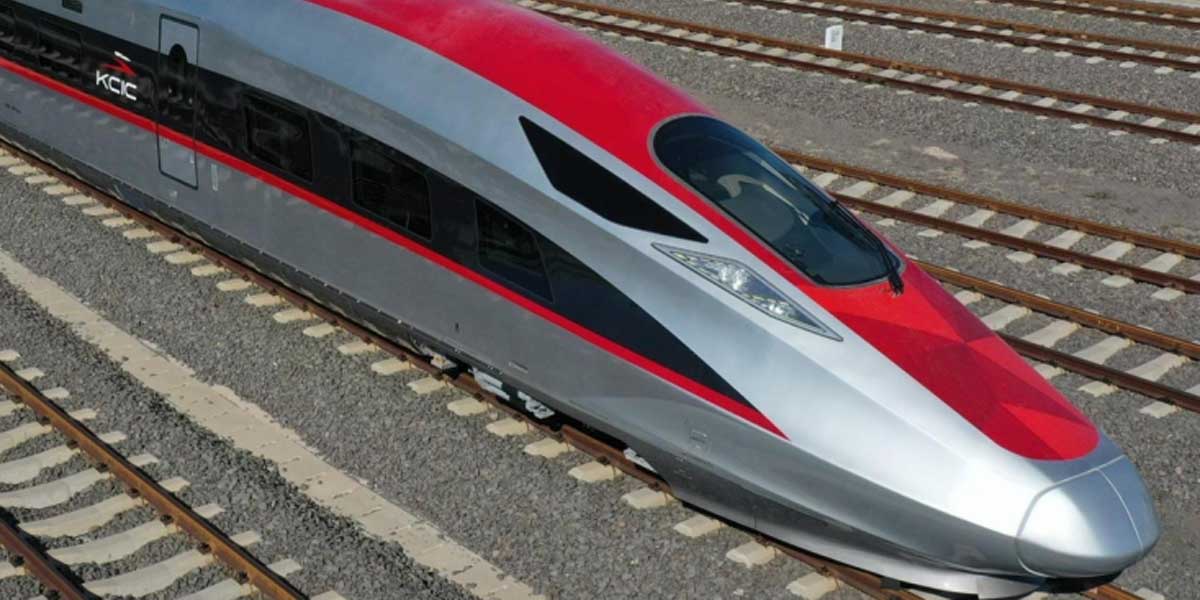
UK PM Cancels Rail Project, Boosts Transport Spending

Godrej Properties Logs Rs 26 Bn Sales in First Year in Hyderabad
Godrej Properties has reported housing sales worth over Rs 26 billion in its first year of operations in Hyderabad, underscoring a strong market entry and prompting the company to accelerate expansion plans in the city. The developer sees significant long-term growth potential in Hyderabad, driven by sustained demand for premium and luxury residential properties.The company entered the Hyderabad housing market in January this year with the launch of its first residential project at Kokapet. This was followed by a second project launch during the July–September quarter. Together, these two de..

Mahindra Unveils COMPAX Mini Compactor at EXCON 2025
Mahindra’s Construction Equipment business (MCE) recently unveiled the Mahindra COMPAX mini compactor for the road construction industry at the CII-organised EXCON exhibition held at BIEC, Bengaluru. Alongside the new launch, the company showcased its advanced CEV-V range of machines, featuring improved comfort, higher productivity and enhanced performance aimed at improving customer earnings.Speaking at the event, Dr Venkat Srinivas, Business Head – Mahindra Truck, Bus and Construction Equipment, and Executive Director & CEO – SML Mahindra Ltd, said Mahindra’s commercial vehicles ..

Puravankara Arm Secures Rs 5.09 Bn Bengaluru Luxury Project LoA
Puravankara has announced that its wholly owned subsidiary, Starworth Infrastructure & Construction (SICL), has received a Letter of Acceptance (LoA) valued at Rs 5.09 billion for a large-scale luxury residential project in Bengaluru. The contract reinforces the group’s construction portfolio and underlines its continued presence in the city’s premium housing segment.The LoA has been awarded by One Bangalore Luxury Projects LLP and pertains to the execution of Varnam Phase 1 of the One Bangalore Luxury Project, located in Devanahalli in Bengaluru Rural District. The scope of work inclu..

















